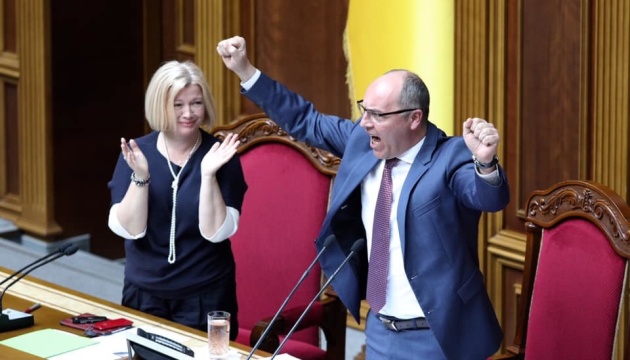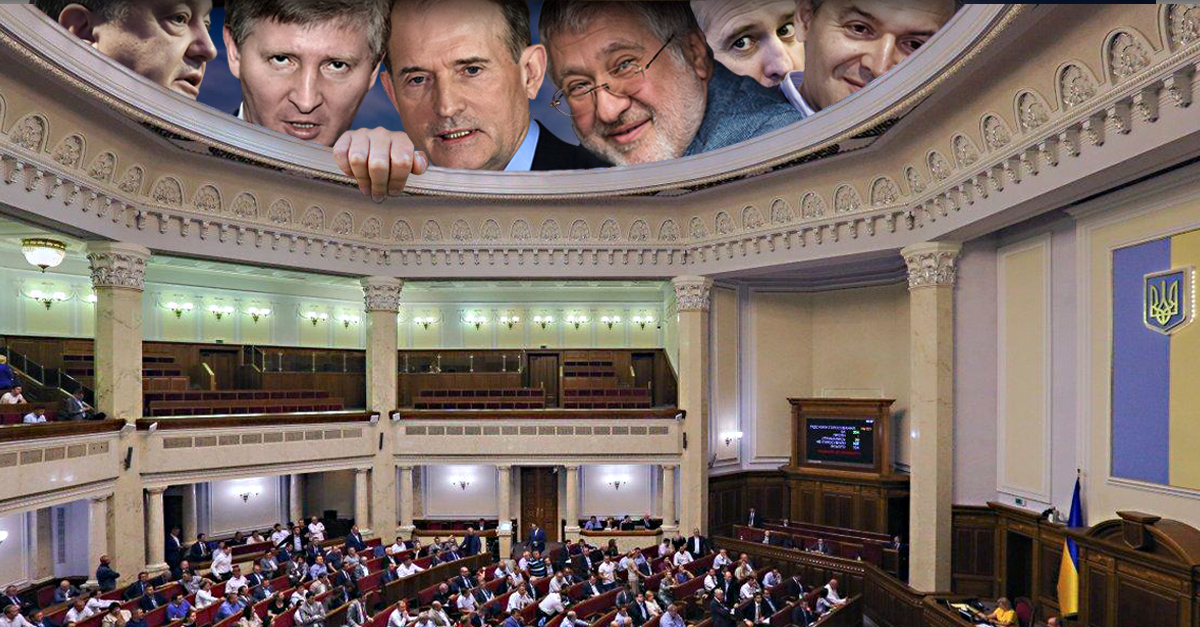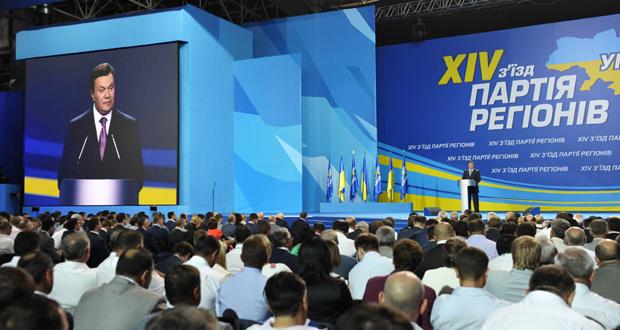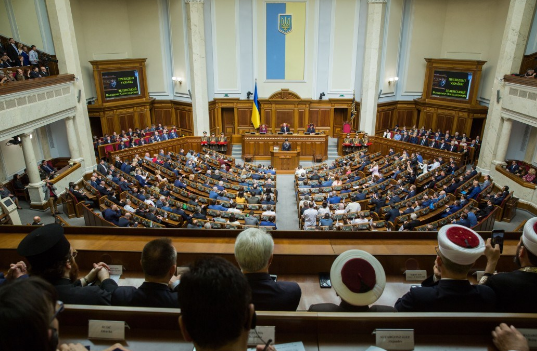
Euro-Atlantic integration
Ukraine’s future is in the European Union and NATO, representatives of all parties unanimously declared. Ukraine should join the European Union through the implementation of EU standards, believes Ukrainian Strategy representative Serhii Popyk. However, Fatherland candidate Markiian Lubkivskyi sees Ukraine approaching the EU by fully implementing the EU-Ukraine Association Agreement.
“Euro-Atlantic integration is the driver of internal change in Ukraine,” said Rostyslav Pavlenko, representative of the European Solidarity.
Regarding joining NATO, Lubkivskyi stressed the need to resolve all contradictions with the neighboring Alliance members to open a gate for Ukraine to the North Atlantic Treaty Organization.
Sanctions and Economic Policy in relation to Russia
Ukraine should work on preserving and strengthening international sanctions against Russia, until the Kremlin returns all the occupied Ukrainian territories, say the representatives of all political forces.
“It is necessary to introduce mechanisms for monitoring compliance with Ukrainian sanctions against the Russian Federation,” said Anna Kovalenko, a representative of the Servant of the People.
“First of all, the sanctions regime should be observed by Ukraine so that we do not become a ‘weak link’ in the international sanctions against the Kremlin,” Lubkivskyi agreed with her.
To consolidate international partners in the issue of sanctions, Ukraine must “drag” Russia in any possible international litigation, said Oleksandra Dvoretska, a member of the Voice party.
“Ukraine should lobby the position ‘The key to resolving the conflict in Donbas lies in the Kremlin,’ so that Russia could not convince international partners of its non-involvement in the conflict in Donbas,” she said, adding that Kyiv should counteract the construction of the North Stream-2 and the TurkStream diversifying the sources of energy supplies to reduce dependence on Russia.
Deoccupation and reintegration of Donbas and Crimea, Ukraine’s information security
All political party representatives opposed direct negotiations with the leaders of the so-called Luhansk and Donetsk “People’s Republics.”
It is necessary to facilitate the crossing of the demarcation line for the population of the occupied Donbas, noted Kovalenko: “It is important that people from the occupied territories crossing the demarcation line see the difference between free Ukraine and the so-called ‘Russian world.'”
Ukraine can only lift its economic blockade from occupied Donbas aka “certain districts of Donetsk and Luhansk regions (ORDLO)” after Russia withdraws its troops, added the representative of the Servant of the People.
According to Voice’s Dvoretska, Russia’s strategy regarding Crimea and Donbas is different: the Kremlin does not even put the return of Crimea on the agenda, whereas it offers to return ORDLO ti Ukraine under most unfavorable conditions. Therefore, Kyiv must implement different strategies for de-occupying Crimea and Donbas.
She also stressed the need to punish the actual members of illegal armed groups rather than those who performed day-to-day duties:
“Law enforcement uses databases of people suspected of participating in illegal armed groups, such the one by Myrotvorets, but these databases are not legal, so people cannot challenge their listing there.”
Regarding information security, Dvoretska drew attention to the fact that many front-line settlements not controlled by Ukraine have hardly any Ukrainian TV and radio coverage.
Meanwhile, Fatherland’s Lubkivskyi thinks that de-occupation of Crimea and Donbas should be considered in one package and believes that it is necessary to enter into negotiations with international partners who signed the Budapest Memorandum.
Donbas reintegration should begin only after the withdrawal of Russian troops and the deployment of peacekeepers, said Ukrainian Strategy representative Serhii Popyk:
“Then, for a transitional period (about 10 years), direct management from Kyiv should be introduced, and the restoration of Donbas should be financed by Russia.”
Deployment of peacekeepers cannot become a cure-all solution for the return of Donbas, because, as international practice shows, peacekeepers can leave their positions when there is a threat to their lives, Oleksandra Dvoretska disagreed with him.
European Solidarity representative Iryna Friz proposes to establish a closer relationship with the Crimean Tatars on the annexed peninsula in order to facilitate the return of Crimea.
“The return of Crimea and Donbas are two different issues with different strategies, which must go in one package,” she emphasized.
In the field of information security, Popyk proposed blocking all Russian information resources, and according to Friz, it is necessary to change the legislation to counter Russian propaganda which spreads through Ukrainian media resources.
Defense sector reform
Almost all representatives of political parties supported the international audit and demonopolization of Ukroboronprom. The military-industrial complex is able to improve the economic situation in Ukraine, believe Kovalenko and Frіz.
Voice’s Dmytro Romanovych proposed reducing the number of classified information:
“Currently, even city plans that have long been available on Google Maps and the number of tanks indicated in the open international reports of Ukraine are classified.”
Serhii Popyk stressed the need for the introduction of a contract-based army and military armed reserve.
Earlier, the Election Council UA and the RPR Coalition organized discussions with the top political parties on political, legal and economic reforms.








